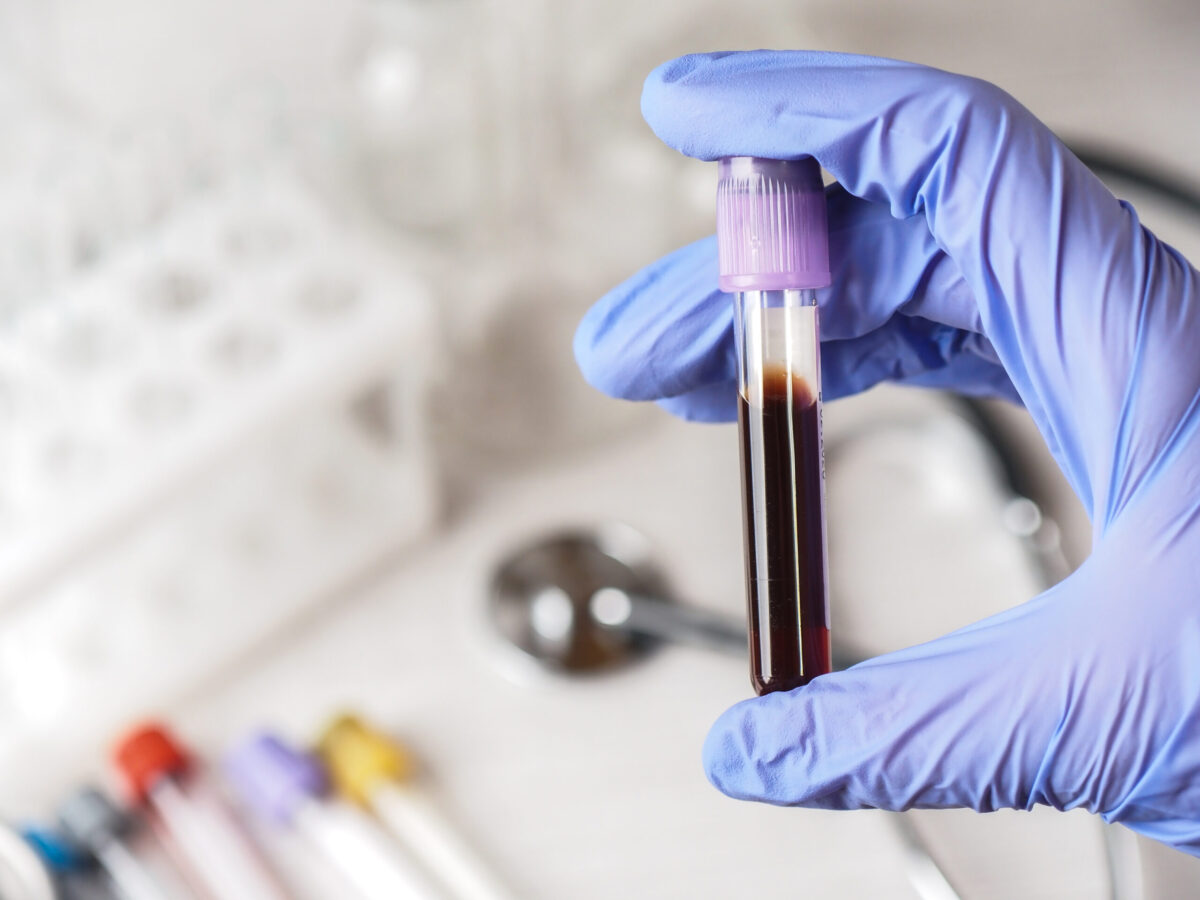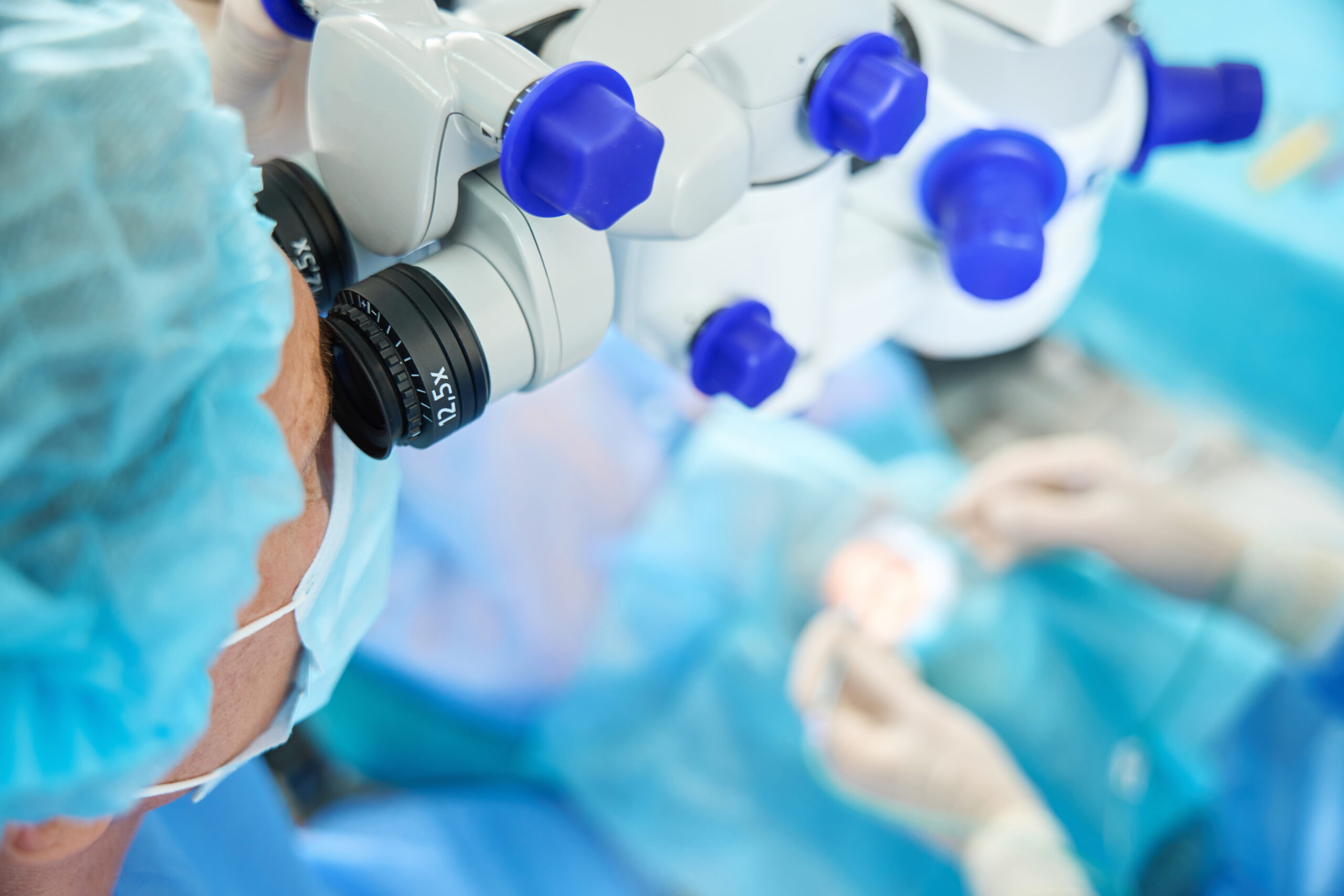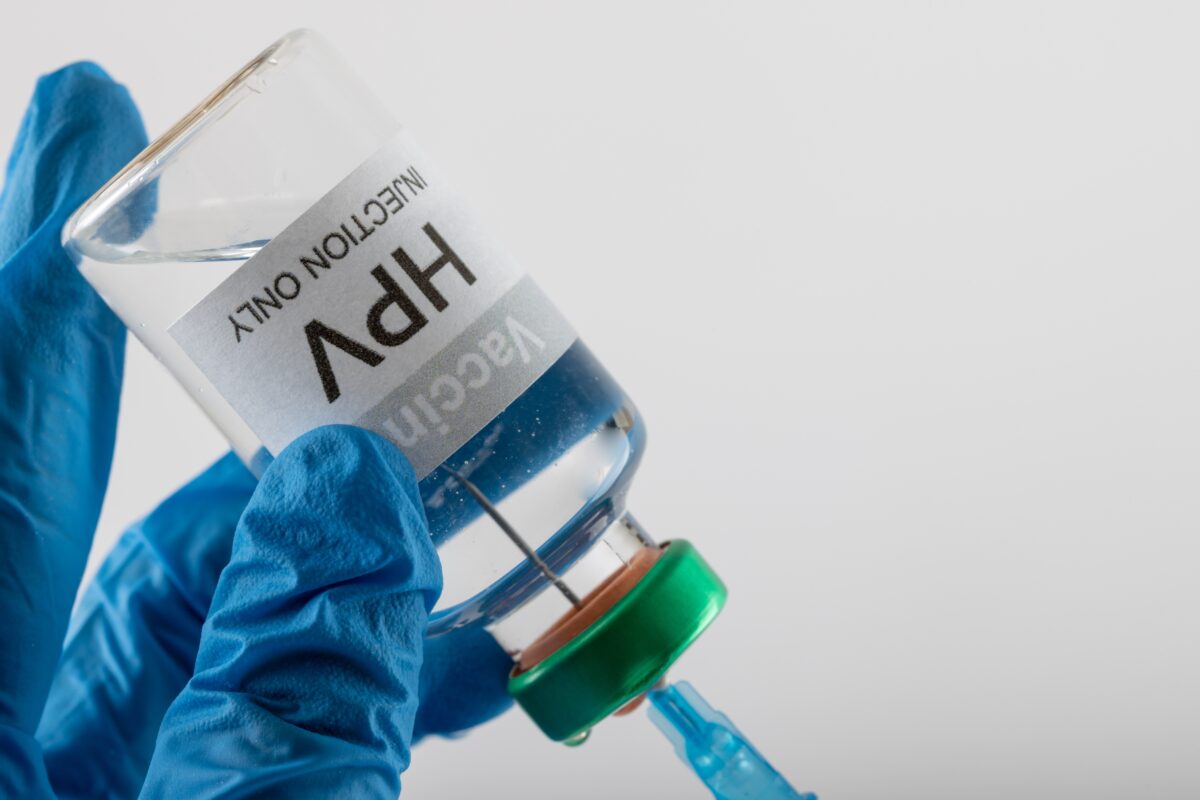French medical device manufacturer Defymed is developing an insulin delivery device designed to be implanted into the abdomen of patients with type 1 diabetes. While the development of the medical device, called ExOlin, is still in the preclinical stage, Defymed plans to commence human clinical trials in 2018.
Diabetes is one of the most common chronic diseases around the world which is projected to affect up to 592 million people globally by the year 2035. Patients with type 1 diabetes – and some with type 2 – control their blood sugar using a variety of subcutaneous insulin injection technologies, including syringes, pens and pumps, however these approaches do not always allow patients to properly manage their disease.
The ExOlin medical device is composed of a biocompatible membrane that is permeable to insulin. After the device is implanted into a patient’s abdomen, they can self-administer insulin directly into the intraperitoneal space, which is a more physiologically appropriate location compared to subcutaneous injection.
“With ExOlin, Defymed shall offer diabetic patients a more physiological approach for delivering insulin,” said Dr. Séverine Sigrist, CEO and founder of Defymed. “The therapeutic effectiveness of the treatment should thus be significantly improved. The patient should also benefit from greater stability in their blood sugar levels and therefore a better quality of life.”
Defymed plans to launch a small clinical trial testing ExOlin in eight European patients, with the option to recruit more patients if initial study results are promising. Their goal is to secure the CE mark in Europe by the end of 2020, with an application for FDA approval to be submitted to the regulator following completion of this milestone.
According to a press release issued by Defymed, the company plans to raise €10 million in financing to support further clinical development of ExOlin. In addition to this implantable insulin delivery device, the company is also developing MailPan, a bioartificial pancreas which could allow for the introduction of functional, insulin-secreting cells into a diabetic patient without the need for surgery.
Many medical device companies are developing innovative technologies to help the growing population of people with diabetes manage their blood glucose. In late 2016, the FDA approved the first artificial pancreas, the MiniMed 670G, developed by medical device company, Medtronic.












Join or login to leave a comment
JOIN LOGIN